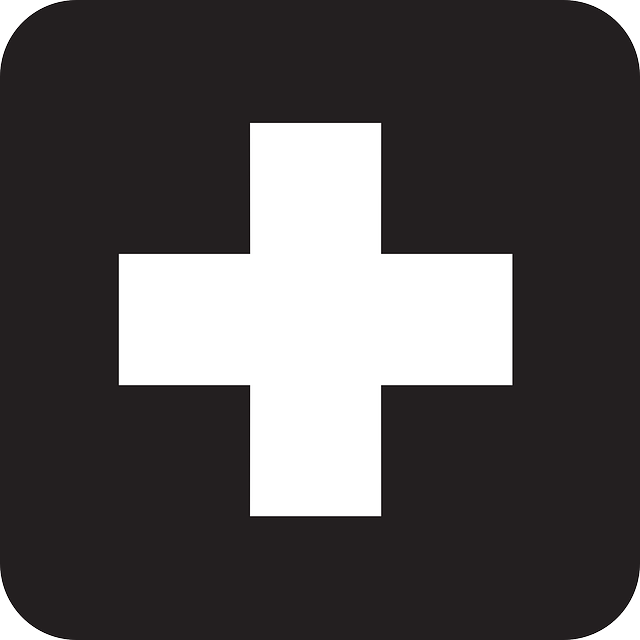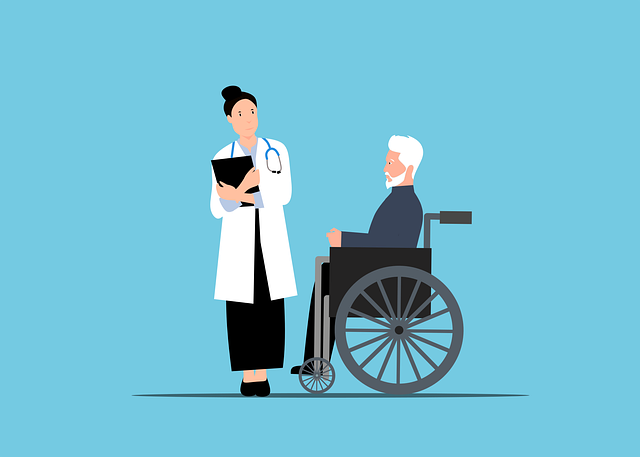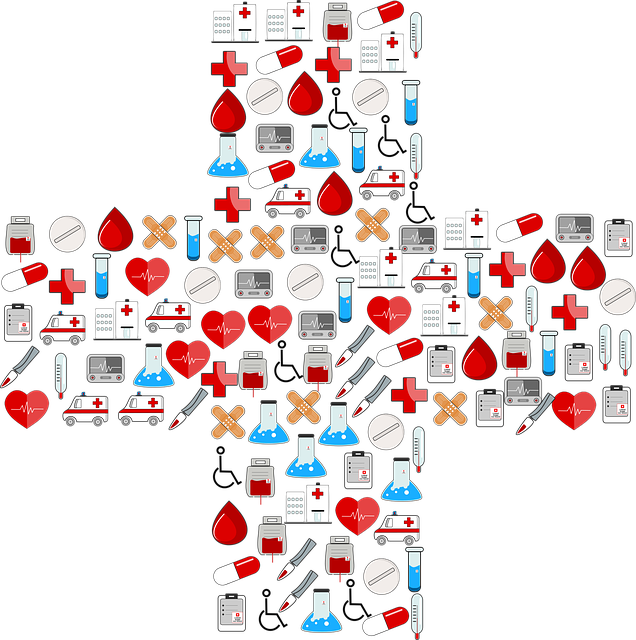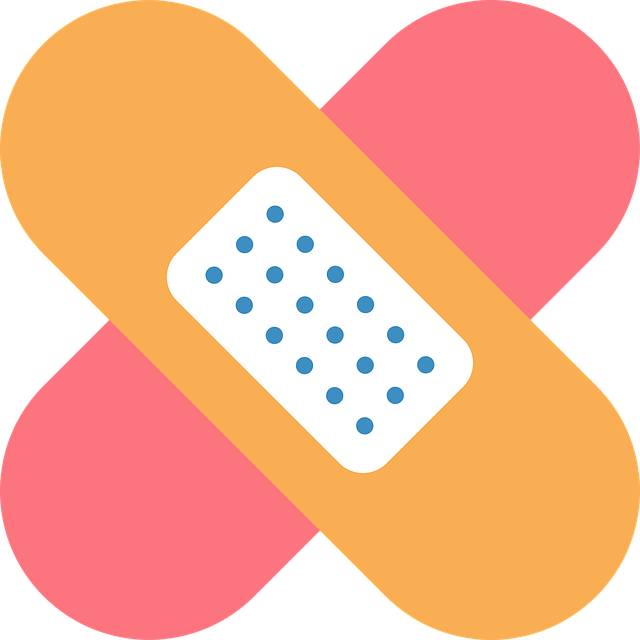In South Africa, Medical Aid and Health Insurance are distinct healthcare protections. Medical Aid, a long-term savings plan by non-profit organisations, offers comprehensive coverage through member contributions for various medical services, including dental care, chronic diseases, and prescription meds. Health Insurance, provided by private insurers, focuses on short-term reimbursement for specific treatments after utilisation, with flexible policy options tailored to individual budgets. While Medical Aid provides holistic coverage, Health Insurance allows greater provider choice and budget control. Understanding these differences is key when selecting coverage under the Medical Aid Vs Health Insurance spectrum, aligning it with personal healthcare needs and financial capacity.
In South Africa, understanding the nuances between medical aid and health insurance is crucial for navigating healthcare effectively. This article delves into the comparative analysis of these two essential tools for managing healthcare costs, highlighting their key differences and significant benefits. From comprehensive healthcare coverage under medical aid to the flexibility and access to private care offered by health insurance, we explore how individuals can weigh the costs and make informed choices between these popular options.
- Understanding Medical Aid and Health Insurance in South Africa
- Key Differences Between Medical Aid and Health Insurance
- Benefits of Medical Aid: Comprehensive Healthcare Coverage
- Advantages of Health Insurance: Flexibility and Access to Private Care
- Weighing the Costs: A Financial Comparison Analysis
Understanding Medical Aid and Health Insurance in South Africa

In South Africa, both Medical Aid and Health Insurance serve as financial safeguards for individuals’ health and medical needs but have distinct characteristics. Medical Aid is a form of private healthcare funding that operates through non-profit organisations or associations, focusing on providing members with access to a network of hospitals and specialists. It offers comprehensive cover for various medical procedures, including hospital stays, surgeries, and chronic conditions management. On the other hand, Health Insurance is typically provided by private insurance companies and focuses more on reimbursing specific healthcare services and treatments after they’ve been utilised.
The key difference lies in their approach to funding healthcare. Medical Aid usually involves regular contributions or premiums paid by members, which then allow them access to a range of medical services. Health Insurance, however, operates on a pay-as-you-go basis, where policyholders pay for specific treatments as they occur, with insurance covering the costs after submission of relevant documentation. Understanding these nuances is crucial when choosing between Medical Aid and Health Insurance in South Africa, as each has its own benefits and drawbacks aligned with individual healthcare needs and financial capabilities.
Key Differences Between Medical Aid and Health Insurance

In South Africa, Medical Aid and Health Insurance are often used interchangeably but they serve distinct purposes. Medical Aid is a long-term savings plan where members contribute to a fund that pays for healthcare services. It’s similar to a savings account designed specifically for medical expenses with various benefits like tax advantages, and often includes additional services like dental care, chronic disease management, and prescription medication coverage.
Health Insurance, on the other hand, is a type of short-term coverage that provides immediate access to medical treatment by paying directly for specific procedures or hospital stays. Unlike Medical Aid, Health Insurance doesn’t offer savings or investment components. The main difference lies in their duration; Medical Aid is typically long-term and focuses on preventive care and savings, while Health Insurance is temporary and primarily covers unexpected medical events.
Benefits of Medical Aid: Comprehensive Healthcare Coverage
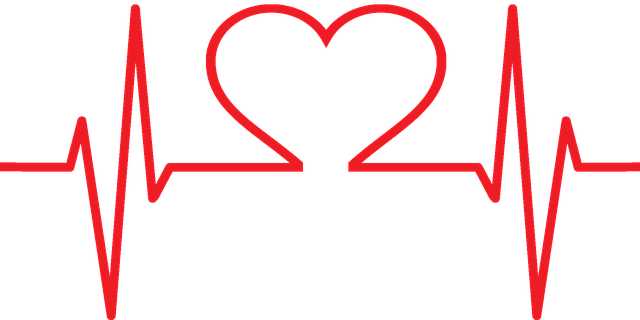
Medical Aid offers a comprehensive healthcare solution, providing members with access to a wide range of medical services and treatments. One of its key advantages over health insurance is the all-encompassing coverage it delivers. Unlike health insurance policies that often have exclusions and limitations, Medical Aid plans typically include inpatient and outpatient care, specialist consultations, diagnostic tests, chronic disease management, and even mental health support. This means individuals enrolled in Medical Aid can access quality healthcare services without worrying about unexpected costs or the need for separate coverages for different treatments.
When comparing Medical Aid to Health Insurance, it’s evident that the former offers a more holistic approach to healthcare. Members enjoy peace of mind knowing that their medical needs are covered, from routine check-ups to critical illnesses and hospital stays. This comprehensive coverage is particularly beneficial in South Africa, where access to quality healthcare can vary, ensuring that individuals and families have the security of knowing they can receive the care they need when it’s most important.
Advantages of Health Insurance: Flexibility and Access to Private Care

In South Africa, understanding the nuances between medical aid and health insurance is key to making informed decisions about healthcare coverage. While both offer financial protection, they differ in structure and benefits. One notable advantage of health insurance is its flexibility. Policyholders are free to choose any healthcare provider, including private hospitals and specialists, without being restricted by the network or referral system often associated with medical aid plans. This allows for greater access to a range of care options, catering to personal preferences and needs.
Furthermore, health insurance provides individuals with the liberty to select coverage that aligns with their budget and desired level of benefits. Plans can be tailored to include specific treatments, therapies, or conditions, offering peace of mind and control over one’s healthcare expenses. In contrast, medical aid schemes tend to offer more standardized options, where members may have fewer choices but generally enjoy lower monthly premiums and co-payments.
Weighing the Costs: A Financial Comparison Analysis

When considering Medical Aid vs Health Insurance in South Africa, understanding the financial implications is key. While both options aim to provide access to healthcare services, they operate with distinct cost structures. Medical Aid schemes typically involve regular contributions or premiums that members pay into the fund, which then covers a defined set of medical expenses. These can include hospital stays, specialist consultations, and certain preventative care services. The benefits often extend beyond basic medical treatment by offering additional perks like dental care, optical services, and wellness programs.
In contrast, Health Insurance usually functions as a form of out-of-pocket expenditure management. Policyholders pay monthly or annual premiums, and these policies cover specific medical events or conditions, such as hospitalisation, surgery, or chronic illnesses. Unlike Medical Aid, Health Insurance may not offer a comprehensive range of services and could involve higher out-of-pocket expenses during treatment. However, it provides flexibility in choosing healthcare providers and often includes options for different coverage levels to suit various budgets.
In comparing medical aid and health insurance in South Africa, both options offer unique advantages. Medical aid provides comprehensive healthcare coverage, encompassing a wide range of services and treatments with potential cost savings through co-payments and in-network providers. On the other hand, health insurance offers flexibility and access to private care, allowing individuals to choose their preferred healthcare providers and specialists. When weighing the costs, understanding the specific needs and preferences is crucial. By evaluating the benefits and financial implications, individuals can make informed decisions between medical aid and health insurance, ultimately selecting the best option for their overall well-being and budget.


